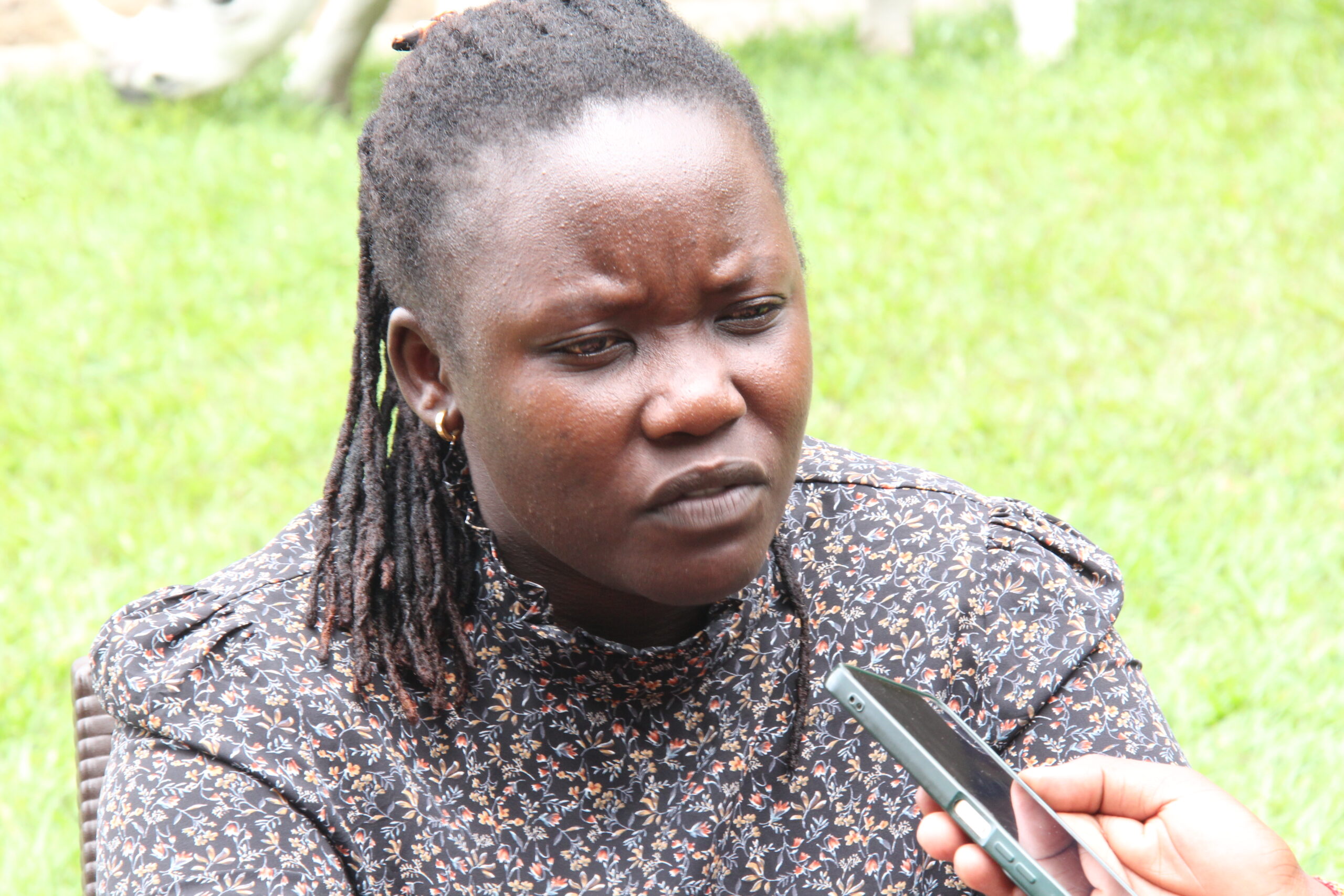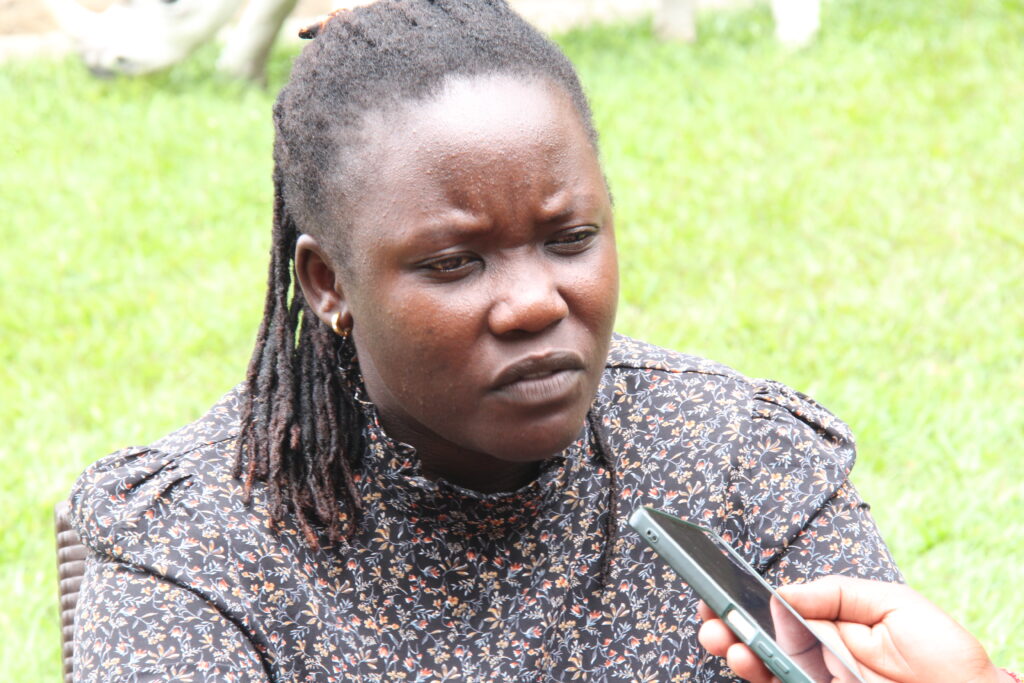
 Mama FM
Mama FM

 Mama FM
Mama FM
22 July 2025, 3:53 pm

By Byamukama Alozious
Arua journalist speaks out on gender bias and resilience in the media industry
During a recent media monitoring orientation in Arua, Peace Victoria Eyotaru, a journalist with UBC Western Radio, shared her experience of enduring gender bias, work-related struggles, and personal sacrifices in order to sustain her career in the media industry.
The orientation was organised by the Uganda Media Women’s Association (UMWA), with support from the United Nations Development Programme (UNDP) under the Spotlight Initiative, and the Embassy of the Netherlands.
With a decade of experience in the media, Eyotaru’s journey began with an internship at Radio Pacis, followed by a writing role at the Daily Monitor, and later work at Arua One FM until 2023. She currently works with UBC Western Radio, continuing her commitment to journalism in the West Nile region.
However, behind her professional success lies a painful personal story — she lost a relationship because of her job. Eyotaru revealed that although her then-boyfriend initially supported her career and admired her on-air presence, his support gradually faded. As she took on more demanding roles, including hosting morning shows, reading evening news bulletins, and field reporting, he became increasingly uncomfortable with her visibility and schedule.
“He told me to stay at home and leave the media. I asked him, ‘Will you pay me my salary?’ He couldn’t. So I walked away,” she said. “I wasn’t going to throw away my career because of outdated stereotypes.”
Eyotaru’s story reflects broader cultural challenges faced by women in the media — often seen as unsuitable for marriage, overly social, or incapable of balancing family life. These perceptions, she explained, are deeply rooted in the region’s cultural norms and make it difficult for women to sustain both their careers and personal lives.
“People forget that behind every broken marriage, there’s both a man and a woman. But when a woman works in media, society automatically blames her,” she added.
Eyotaru also highlighted the harsh realities of the media industry in West Nile, particularly for women. Most journalists, she said, work as freelancers with no job security and are paid by the hour. Even those working full time often earn between just 300,000 to 500,000 Ugandan shillings per month. Poor working conditions make matters worse — transport and security are rarely provided for early morning shifts, exposing women to risk on their way to work.
Maternity leave is another challenge. Eyotaru shared that after giving birth to her first child, she returned to work just four weeks later — not by choice, but out of necessity. “As a freelancer, if you don’t work, you don’t earn. I had to leave my baby at home to make a living,” she said.
Despite these challenges, Eyotaru has chosen resilience. She encouraged other women in media to remain determined, pursue further education, and diversify their income sources. In her case, she is currently studying Social Work in addition to her journalism qualifications and uses her social media platforms to earn income through advertising and brand promotion.
“My social media now pays me through ads. We can’t just complain about low salaries — we need side businesses or platforms to supplement our income,” she advised.
The UMWA training, she noted, opened her eyes to the importance of gender-inclusive reporting. She admitted that her past programmes often featured mostly male voices, even on women’s issues. Now, she deliberately creates space for women to speak.
“When male callers dominate my shows, I ask them to hand the phone to their wives or female relatives. Women need to speak for themselves — not have men speak on their behalf,” she stressed.
Eyotaru believes that for women in media to thrive, they must uphold professionalism and personal discipline. She cautioned against the distractions of “celebrity” status, urging her peers to remain grounded.
“Don’t let society’s misconceptions define you. Act professionally, keep upgrading your skills, and remember there’s life after media — your family, your integrity,” she said.
She also challenged cultural narratives that label outspoken women as disrespectful, insisting that such views must change if women are to achieve true equality in media and beyond.
“We must be the change we want to see. If we don’t speak up, no one will speak for us,” she said.
As UMWA begins monitoring media houses in West Nile to assess gender inclusion in policies and programming, Eyotaru’s story serves as a powerful reminder of the structural and societal obstacles female journalists face — and of their resilience and potential to reshape Uganda’s media landscape.
“Media is a powerful platform. Women shouldn’t give up. Know your worth, conduct yourself well in society and at work, and keep pushing forward,” she concluded.